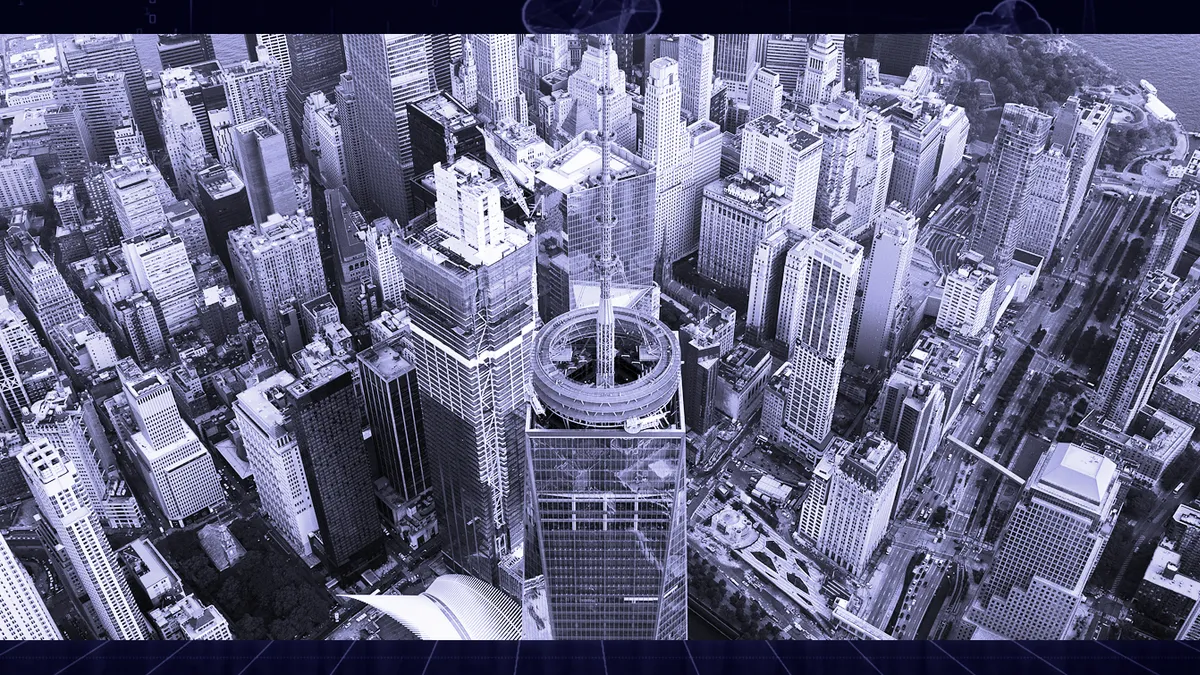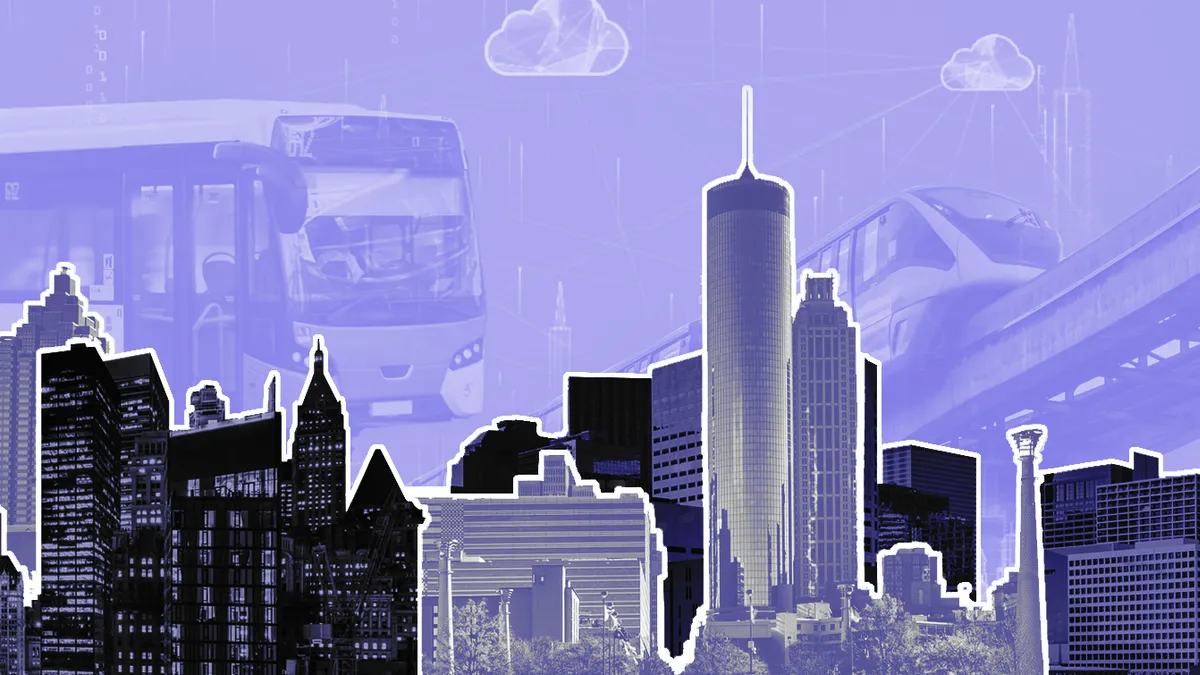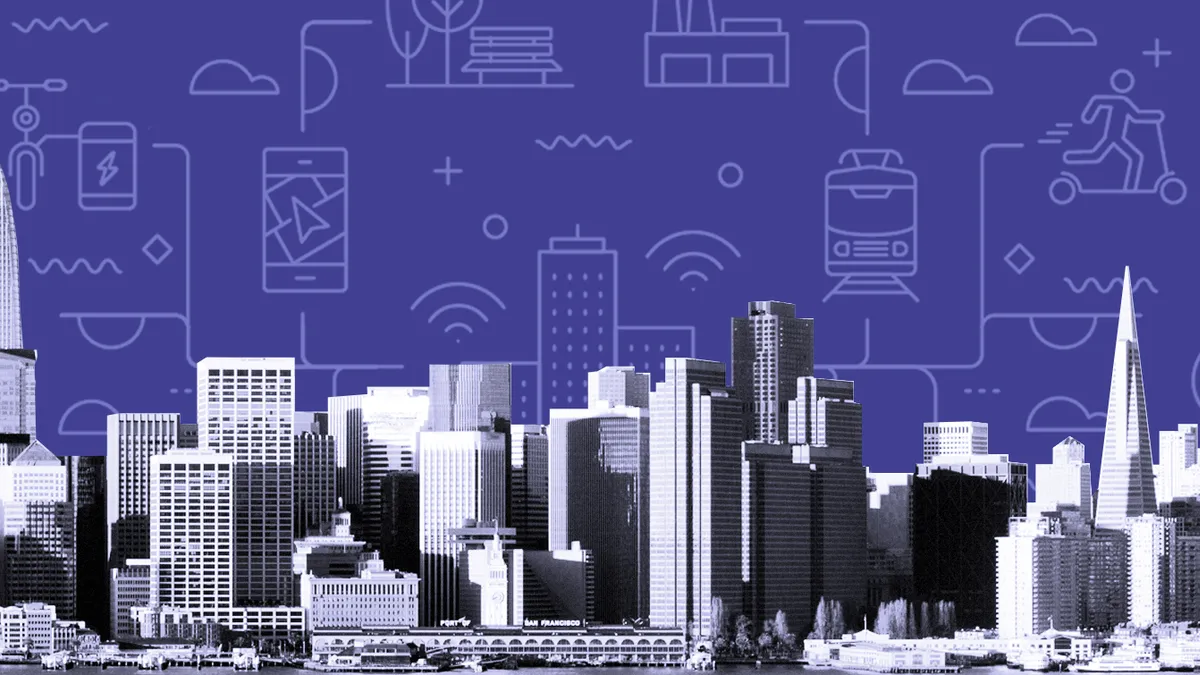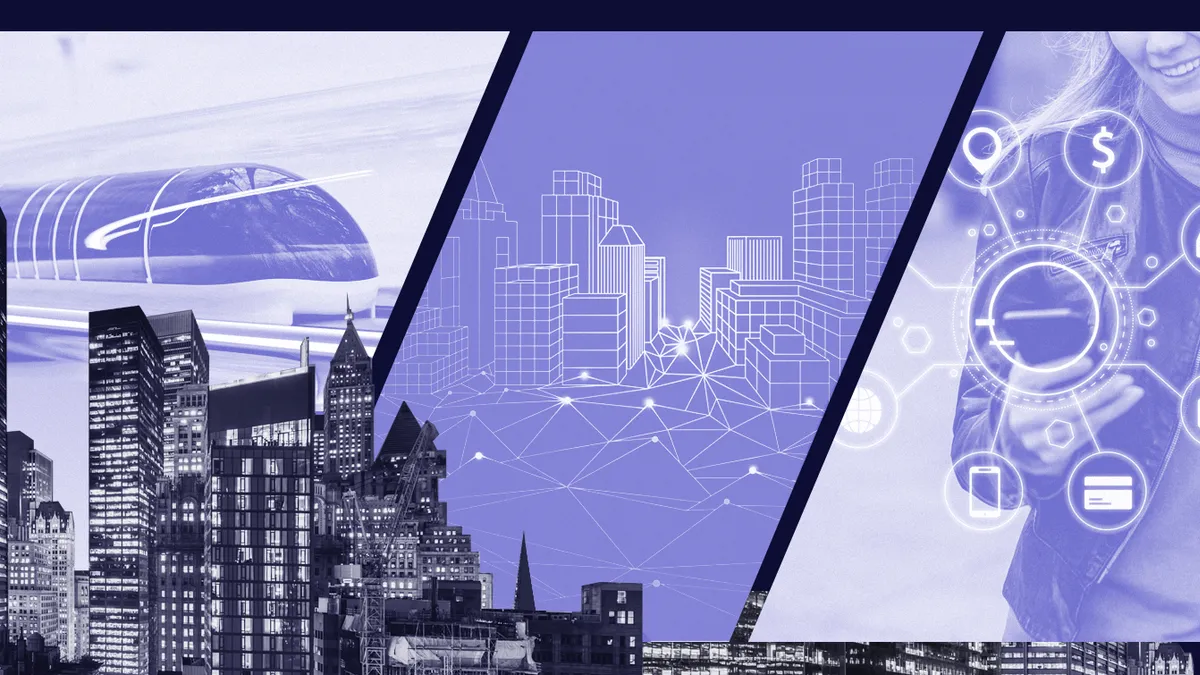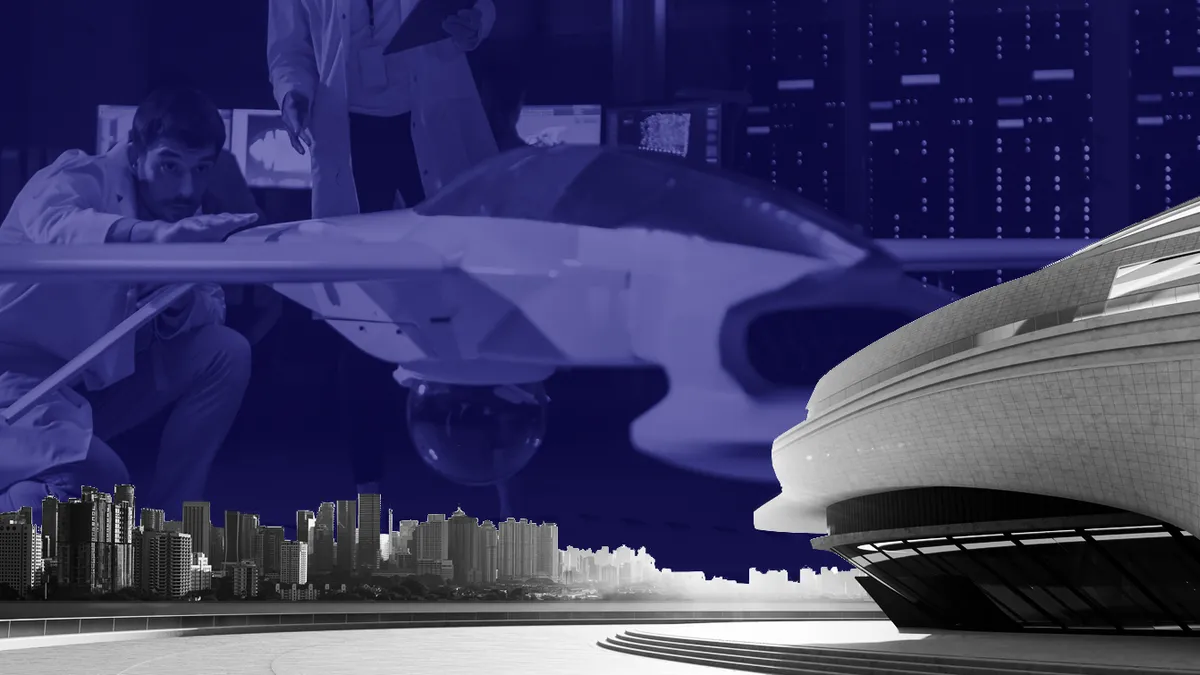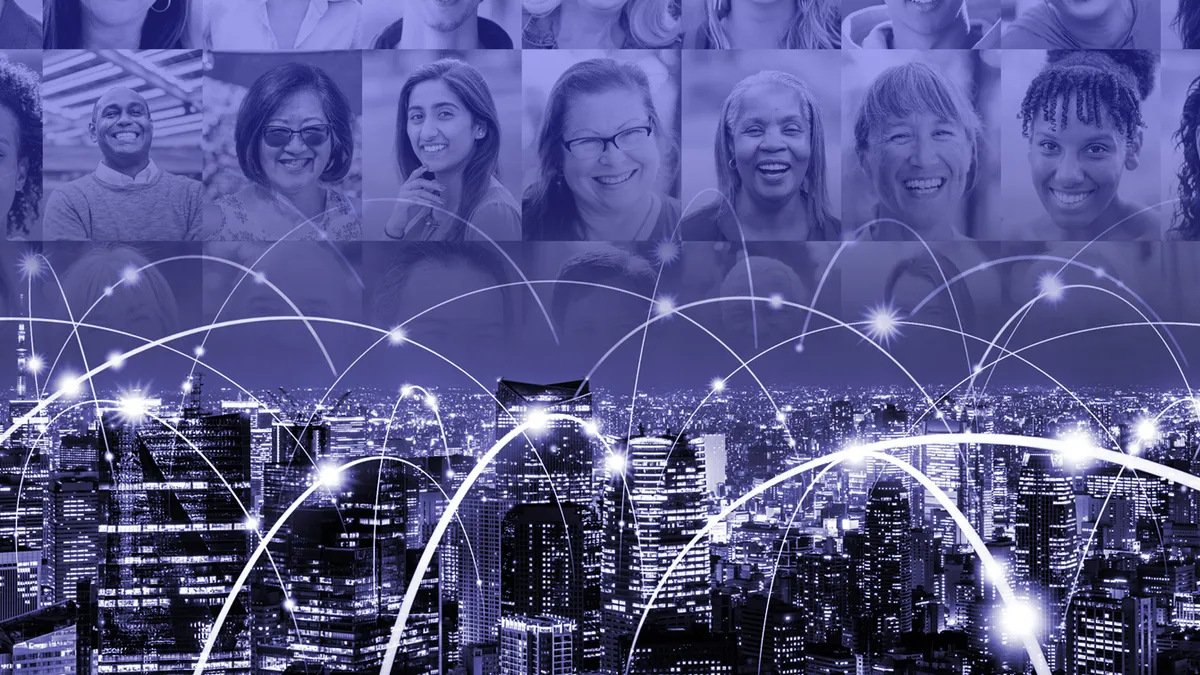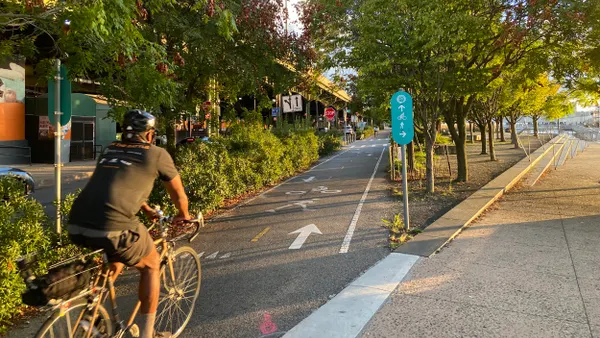Much has changed for the smart cities movement since its early days, when cities raced to adopt the newest technologies that promised to tackle their needs. Technology did not always advance at the speed promised, though. New inequities have also since surfaced, and a pandemic upended city priorities, driving a massive shift in how they interact with their residents.
In an effort to capture where the movement stands now and where it may be headed, Smart Cities Dive asked 25 of the largest U.S. cities about their definition of a "smart city," how that definition has changed over the past five years, the challenges they have faced in rolling out their smart city policies, issues in addressing equity and their outlook on the next five years of the smart city movement.
With the information we gathered from the 15 responses we received, we are proud to present this multipart series, "Reassessing the Smart Cities Movement," as a snapshot of the past, present and the future of smart cities.


